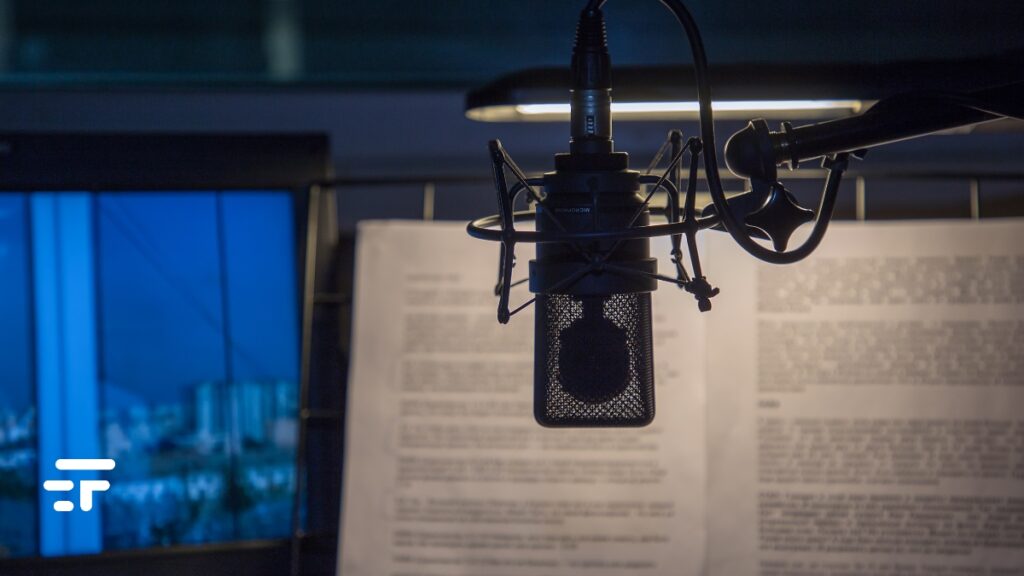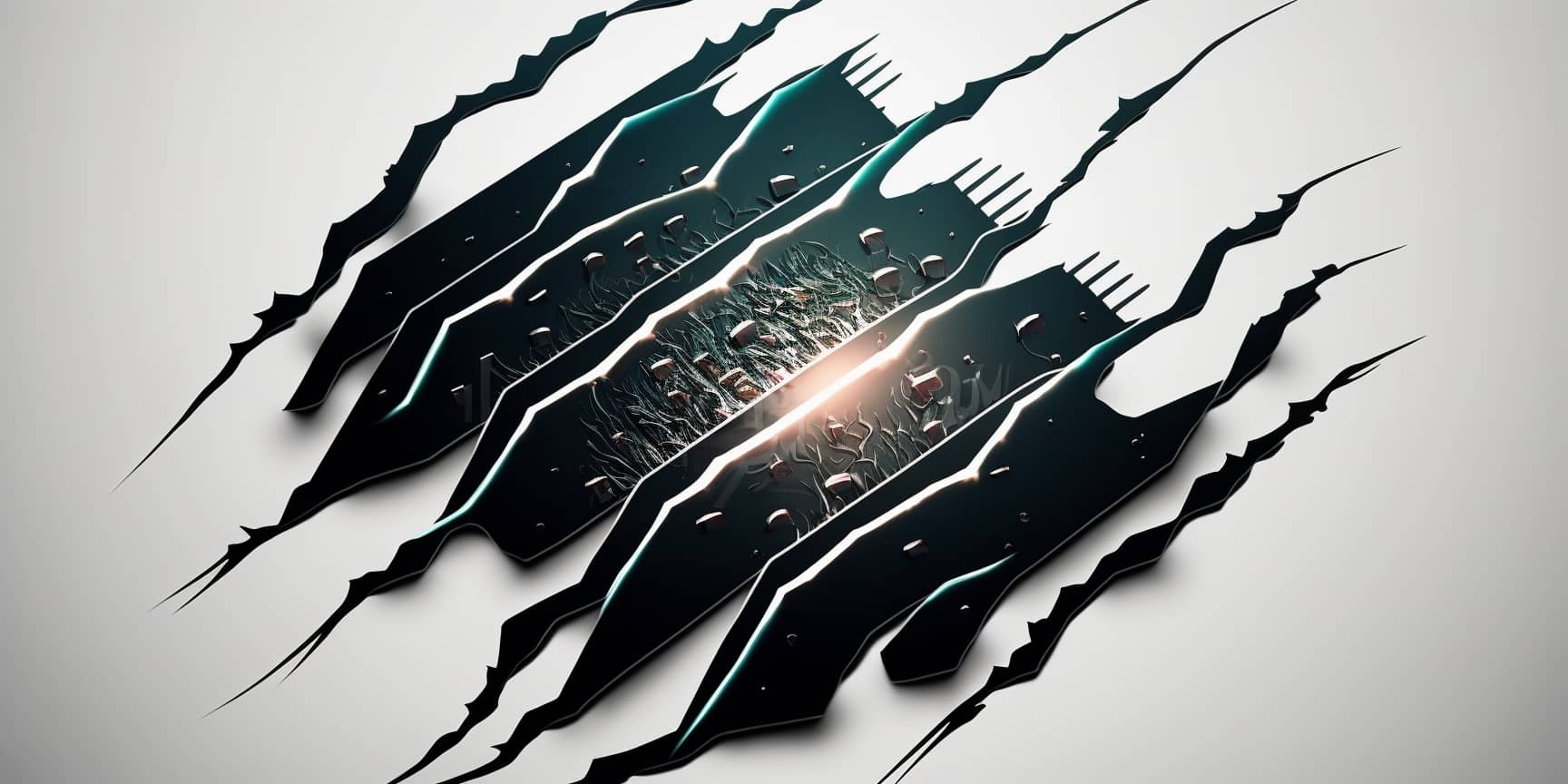The AI revolution is in full swing and is already changing the world. Companies are investing in AI-based solutions and products, and we will see more and more signs, examples and practical applications in the coming years.
The unknowns, obviously, all remain. AI can improve many industries, even create jobs (amazing, right?) but also cause real disasters and have a negative impact on life, art, justice systems. Even our brain. This is why you need to know its potential dangers and take measures to address them. Here are some signs that things may be getting out of control.
Google would hire ChatGPT as a programmer

As you can imagine, Google has also tested ChatGPT, indicated by many as a serious competitor for its AI technologies.
In Palo Alto they tried to understand how good OpenAI's artificial intelligence was at programming. Well, NBC lets you know that the chatbot passed the exam successfully, obtaining an L3 rating. If she had been a person, she would have been employed at an average annual salary of over $180.000. Two signs here: on the one hand it exalts and impresses, on the other it makes us understand that a good part of human programmers could have serious problems.
Almost "lawyer", and "judicial assistant"

After the recent (then narrowly avoided) entry into the field of a "defense attorney” AI, another case has opened a window on the future of artificial intelligence in the legal field.
Colombian judge Juan Manuel Padilla Garcia decided to use ChatGPT as support to issue a decision on the medical insurance of an autistic child, with the aim of saving time during the proceedings.
Very good, but is it worth pointing out that the use of AI in legal matters can have negative and potentially dangerous consequences? That justice must be based on a fair and objective evaluation of the evidence and individual circumstances of each case, and not just on the optimization of time?
I'm done, Your Honor.
AI gives voice to everything

Among the sectors showing an explosion of artificial intelligence programs and services is film production. Actors' "rejuvenation" techniques? Check e Check. Automatic dubbing in multiple languages? Check. Even screenplay writing: the latest addition is called Dramatron, and is defined as a “co-writing” tool.
An extraordinarily interesting idea, and two equally worrying signs, both from the working and creative aspects. What makes a film interesting and engaging are precisely the human elements, such as emotion, empathy and personal experience. Evidently, it will soon be enough to "mimic" them technologically.
A bit like all the areas in which AI will enter and disrupt the entire context.


